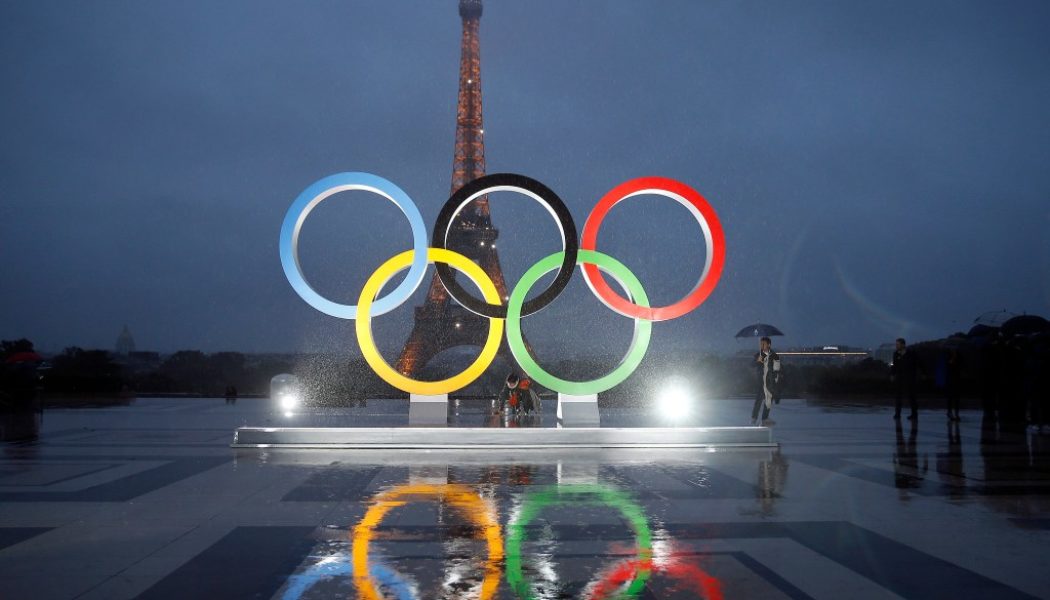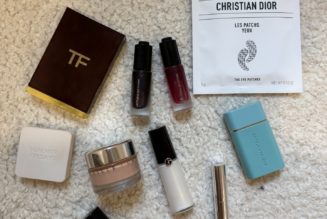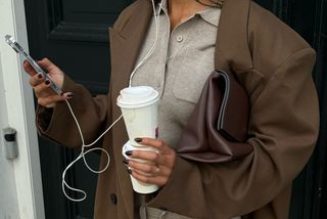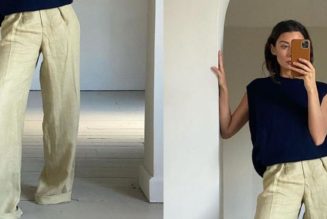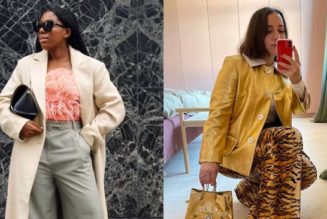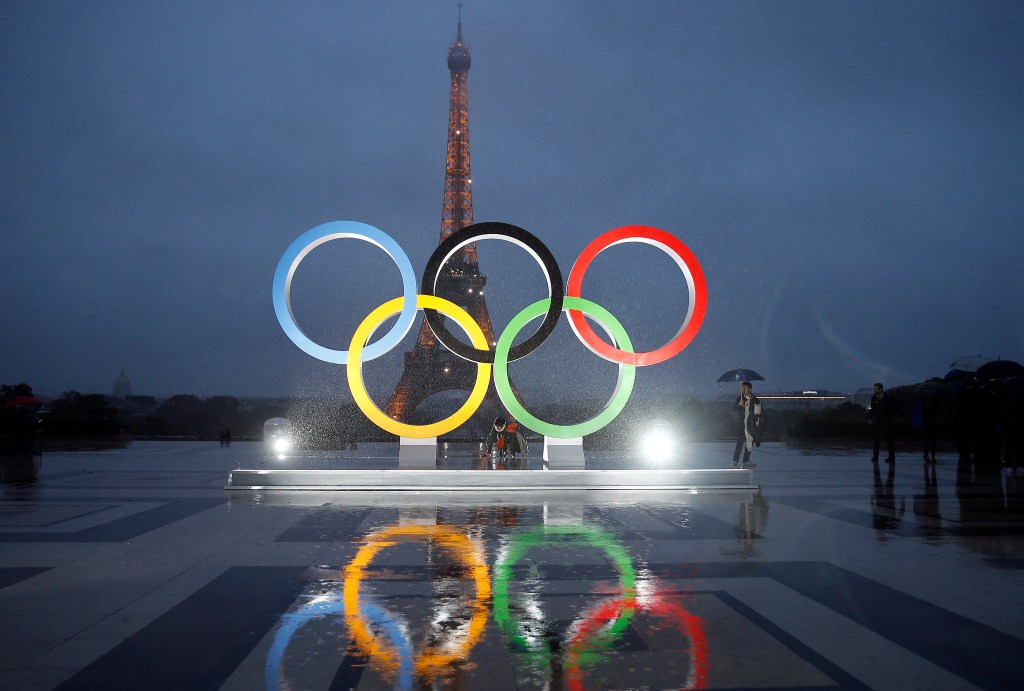
PARIS — Never has luxury played such a central role in the Olympics.
Ever since LVMH Moët Hennessy Louis Vuitton signed on in July to become a premium partner of the Paris 2024 Olympic and Paralympic Games, the brands in its stable have ramped up their communications efforts for what is set to be a banner year for sports marketing.
But as questions swirl about security and logistics, local support for the games has ebbed, while luxury sector representatives worry that business will suffer during an event that officials have warned will result in widespread disruption over several months.
Fashion organizers sought to limit the damage by moving forward the dates of the fall 2024 edition of Paris Couture Week.
A survey by market research firm Odoxa conducted in October found that 65 percent of French people were in favor of hosting the Olympics, down from 76 percent two years earlier. Among residents of Paris and its suburbs, support fell to 56 percent from 77 percent.
“This decline in French optimism probably mirrors increasingly pressing questions as the event approaches, against the backdrop of deep concerns about purchasing power but also security: will these Olympics not be too expensive? Will the organizing committee be capable of delivering the world’s premier sporting event? Will the opening ceremony go smoothly?” the pollster said.
In greater Paris, 52 percent of dwellers said they planned to skip town during the event, which coincides with France’s summer holidays, Odoxa reported. Following the murder of a German tourist in a terrorist attack close to the Eiffel Tower in December, there are growing fears an incident could mar the opening ceremony on July 26.
Despite reassuring updates from the Paris 2024 Olympic Committee, Paris Mayor Anne Hidalgo stirred controversy in November when she said that parts of the city’s railway infrastructure won’t be ready — a key point since all spectators are expected to use public transport to get to the competition sites.
Transport Minister Clément Beaune clapped back, accusing Hidalgo of a “political betrayal” and guaranteeing that everything was on track. However, the same minister had earlier warned that traffic restrictions in the French capital would be “hardcore.”
Paris police chief Laurent Nuñez recently unveiled maps showing much of the city will be off-limits to cars, with construction on some sporting facilities in central Paris set to begin in March, meaning that motorists will require a QR code to access the designated areas. That measure raised hackles among members of parliament upset that they were not consulted.
The Fédération de la Haute Couture et de la Mode, French fashion’s governing body, has been silent since revealing in April that the fall couture shows would take place from June 24 to 27, one week earlier than usual, to avoid clashing with preparations for the Games.
“Everyone is committed to ensuring that the Olympic Games are a global success,” the federation’s president Bruno Pavlovsky said at the time. “It’s going to be quite breathtaking and extraordinary. Having said that, the reality is that this comes with huge security challenges and obligations that must be met.”
The federation is working with authorities to draw up a list of the 200 spaces that usually host fashion events and determine whether they can be used this summer.
“Most of the usual venues will be taken over by the Olympic Games, whether to host journalists or competitions. Our job now is to find the locations where we will be able to host men’s and haute couture shows, knowing that we have the support of the competent authorities,” said Pavlovsky, who is president of fashion and president of Chanel SAS.
While some overseas brands may simply skip showing in Paris this summer, local companies are still seeking clarity about the likely impact on their operations.
“There is a danger that this will be a terrible period for business and culture, because the kind of visitor that goes to Olympic competitions is probably not the same as for museums, and possibly not a client for our houses either,” said Bénédicte Epinay, chief executive officer of French luxury goods association Comité Colbert.
She noted that museums and hotels on the Rue de Rivoli, the French capital’s central axis, risk being particularly impacted. The proximity of the Golden Triangle luxury shopping district to the presidential palace and key embassies is another source for concern, she added.
Meanwhile, French consumer rights watchdog UFC-Que Choisir said hotel owners were taking advantage of the Olympics to sharply increase their usual room rates. In a poll of 80 three-star and four-star establishments published last week, it found that the average room rate for the day of the opening ceremony was 1,033 euros, versus 317 euros for the night of July 12 to 13, representing an increase of 226 percent.
French luxury officials are worried that the U.K., which has hemorrhaged luxury shoppers since scrapping tax-free shopping for international visitors in the wake of Brexit, could take advantage of chaos in Paris to lure back well-heeled tourists.
“There’s a big question mark around the event, but one that is tinged with concern,” Epinay said.
